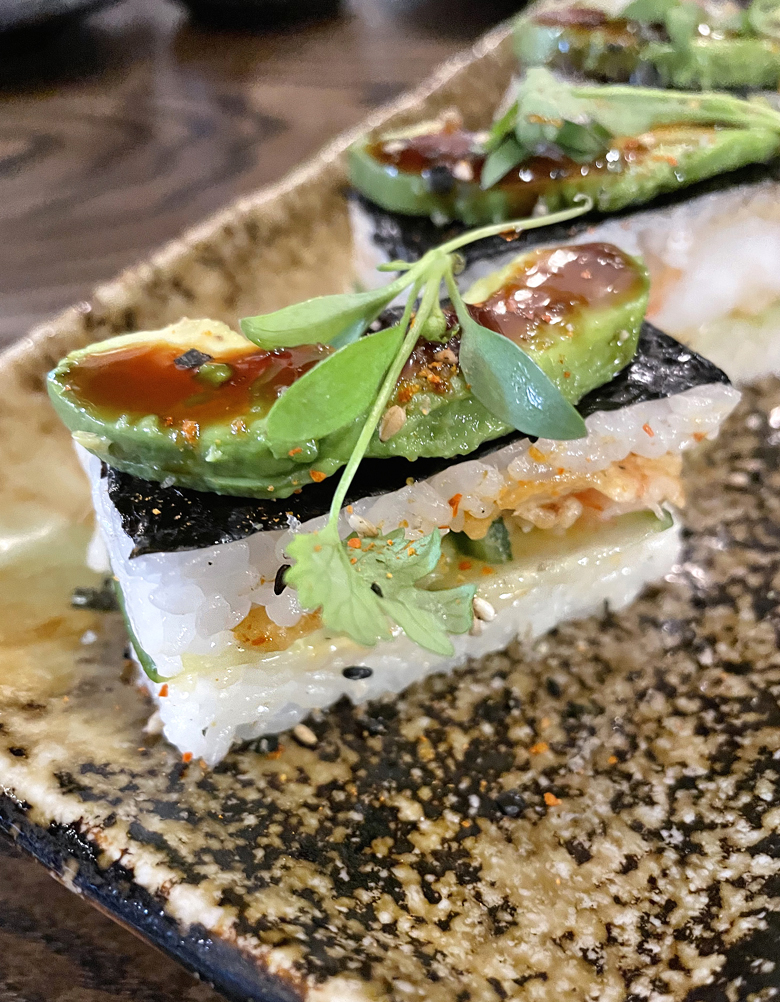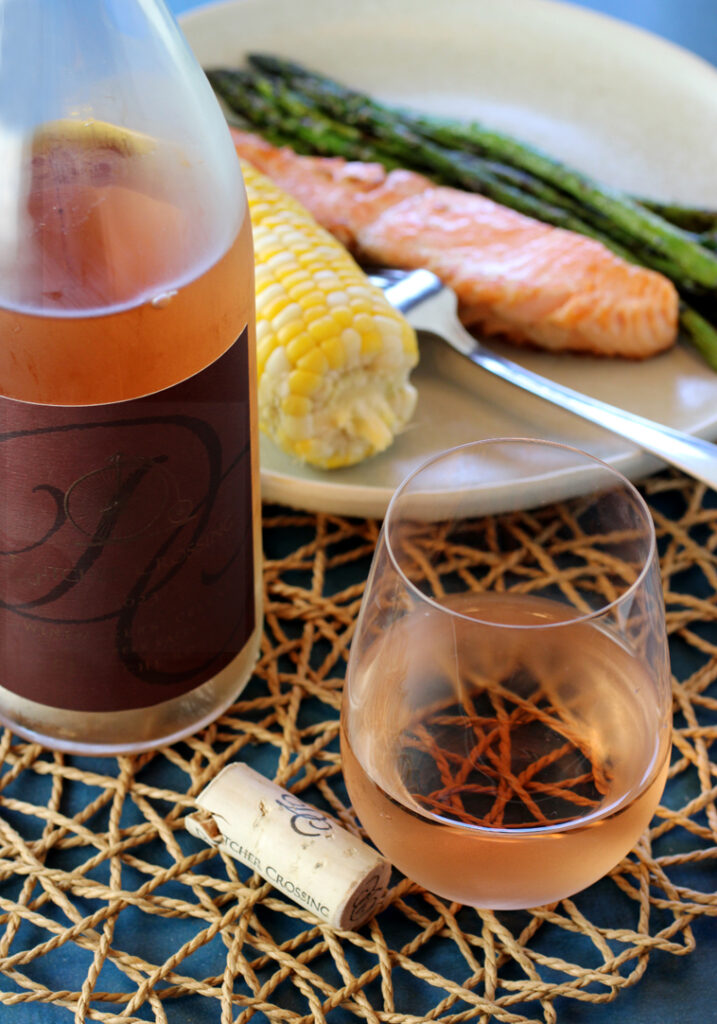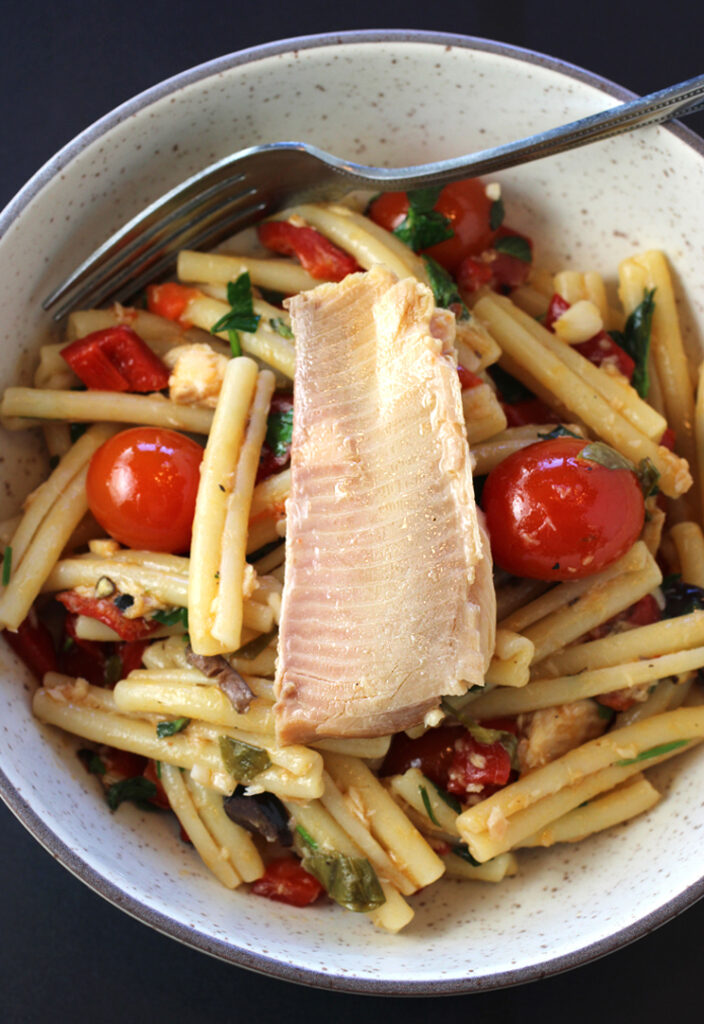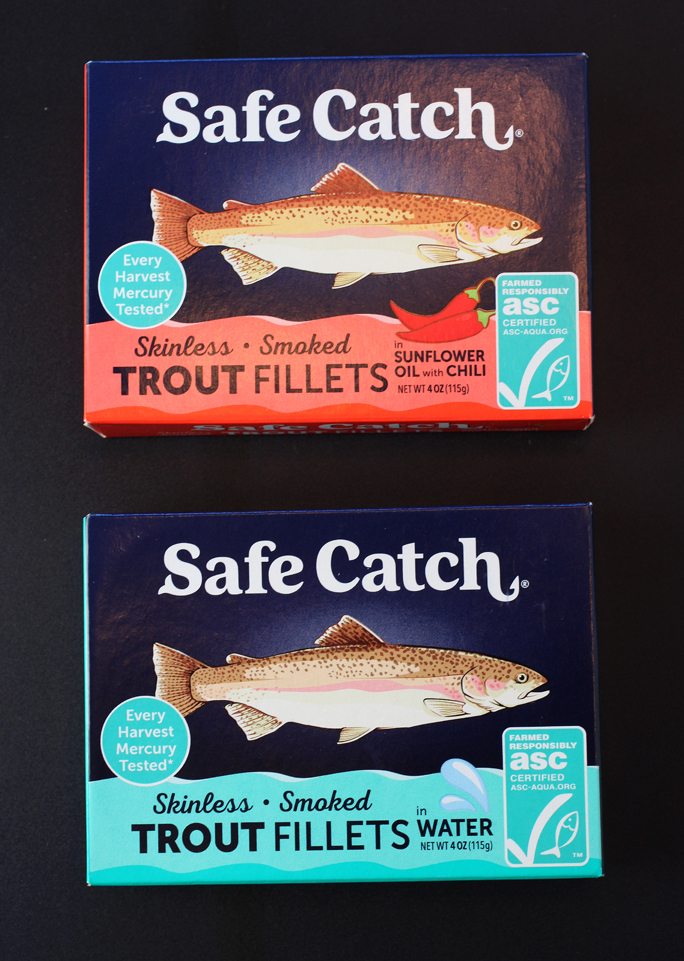The Curated Board, Part I: Herbes de Provence Grissini

Am I the only one who as a kid turned breadsticks into chopsticks?
I bet not.
These days, though, I prefer just happily crunching down on them — wrapped in prosciutto, dunked into a creamy dip or just on their own.
If you’ve never tried making your own, you ought to give “Herbes de Provence Grissini” a whirl.
It’s a simple recipe that provides the pleasure of hand-rolling skinny logs of dough with your hands just like you did as a tot with Play-Doh.
The recipe is from “The Curated Board” (Abrams), of which I received a review copy. It’s by Bebe Black Carminito, a San Francisco food stylist, recipe developer, and professional makeup artist whose Instagram handle is the delightful @champagneandcookies.
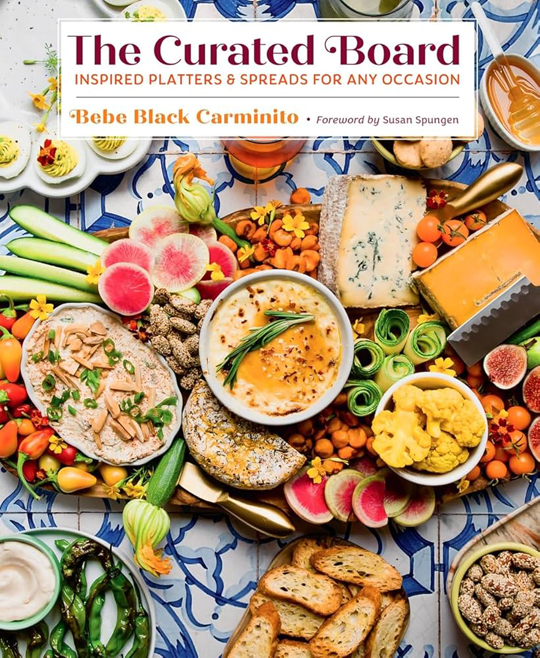
Board food is having a big moment, thanks in part to how beautifully they photograph for Instagram likes.
Read more
